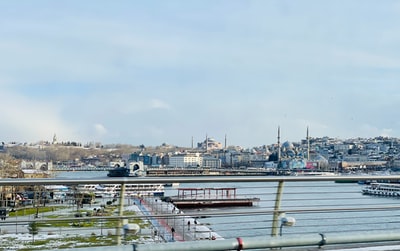 Terence O’Neill became Prime Minister of Northern Ireland in 1963. Aware of the tensions in the community, and also wanting to improve relations with the Republic, he attempted to bring in reforms that could encourage reconciliation. He wanted to do this partly through:
Terence O’Neill became Prime Minister of Northern Ireland in 1963. Aware of the tensions in the community, and also wanting to improve relations with the Republic, he attempted to bring in reforms that could encourage reconciliation. He wanted to do this partly through:
* Entering into dialogue with the Republic,
* Working with Catholic civil rights and community groups in Northern Ireland
* Attracting investment to Northern Ireland to make it more prosperous, believing that economic development would help reduce inequalities
* Changing the system of allocating housing to the poor and improving public services for all
* Modifying the Special Powers Act and revising the electoral system to make it fairer
In some areas, O’Neill was successful. He arranged for the Irish Taoiseach to visit Belfast in 1965, and also met Irish Catholic religious leaders. However, such meetings didn’t address day-to-day problems in Northern Ireland, which continued throughout his time in office in the form of street violence and repression of Catholic protests.

Losing Popular Support

O’Neill seemed to be losing popular support. And in April 1969 the Ulster Volunteer Force, a paramilitary group, bombed Belfast’s water supply installations. O’Neill resigned, ultimately having failed to stop escalating conflict and tensions.